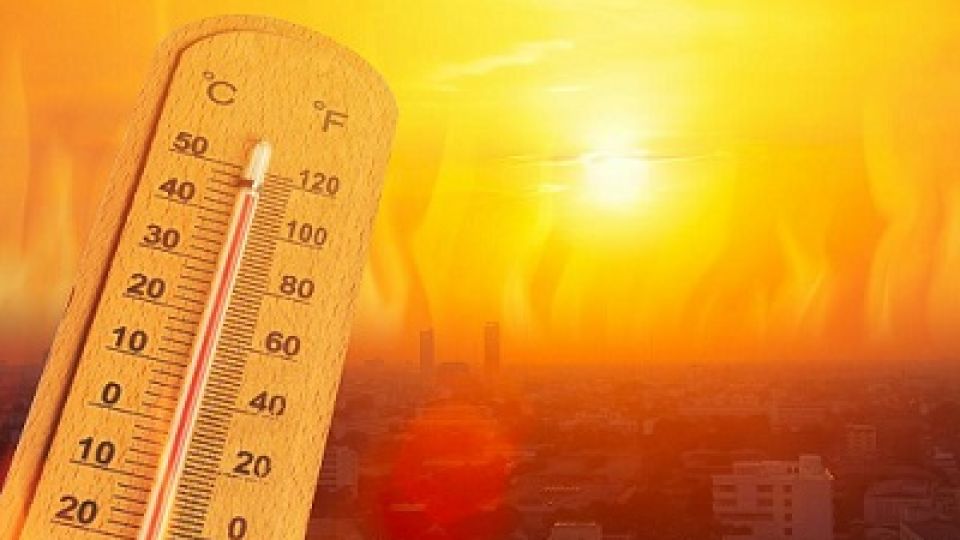from ODIRILE TOTENG in Gaborone, Botswana
Botswana Bureau
GABORONE, (CAJ News) – A HEATWAVE is projected to persist across Southern Africa in the coming days with maximum temperatures forecast to exceed 40°C (104 F).
Areas affected by the phenomenon attributed to climate change include Botswana, Eswatini, Lesotho, southern Mozambique, southern Namibia, and central and eastern South Africa.
Maximum temperatures of around 35°C -43°C (95-109 F) are expected across much of the affected area over the coming days.
Authorities in the region are advising the public to take precautionary measures due to the intense heat, such as staying hydrated, avoiding prolonged exposure to the sun, and wearing suitable clothing.
The Department of Meteorological Services in Botswana issued a heat wave warning across the country through at least Sunday. Maximum temperatures of 36°C -41°C (97-106 F) are forecast.
Namibia’s Meteorological Service has warned that heatwave conditions are expected in southern parts of the country also through at least Sunday. Maximums of around 38°C -40°C (100-104 F) are expected in the affected areas.
Mozambique’s National Institute of Meteorology has issued an orange heatwave warning (the middle level on a three-tier scale) across parts of Gaza, Ihambene, and Maputo provinces, with temperatures of 35°C -38°C (95-100 F) expected through Friday.
The Lesotho Meteorological Service has forecast “very hot” temperatures in the lowlands, with isolated showers and a slight cooling by 1°C -2°C (2-4 F) on Friday and Saturday.
Temperatures are likely to rise again from Sunday.
The South African Weather Service has issued advisories due to high temperatures across Gauteng, Limpopo, and Mpumalanga provinces and parts of eastern and northeastern Eastern Cape, central and northern Free State, interior KwaZulu-Natal, central and eastern North West, and far eastern Northern Cape provinces.
The Eswatini Meteorological Service is wary of the extreme heat resulting in heat stress on animals and humans, heat stroke and dehydration.
Experts warned the extended period of high temperatures and dry conditions may increase the potential for wildfires throughout the region.
The high temperatures may result in drought conditions in the country.
Authorities may implement water rationing, restricting water supply when necessary.
Vulnerable groups such as the elderly, children, pregnant women and those with respiratory illnesses are among groups most vulnerable to extreme heat.
– CAJ News

